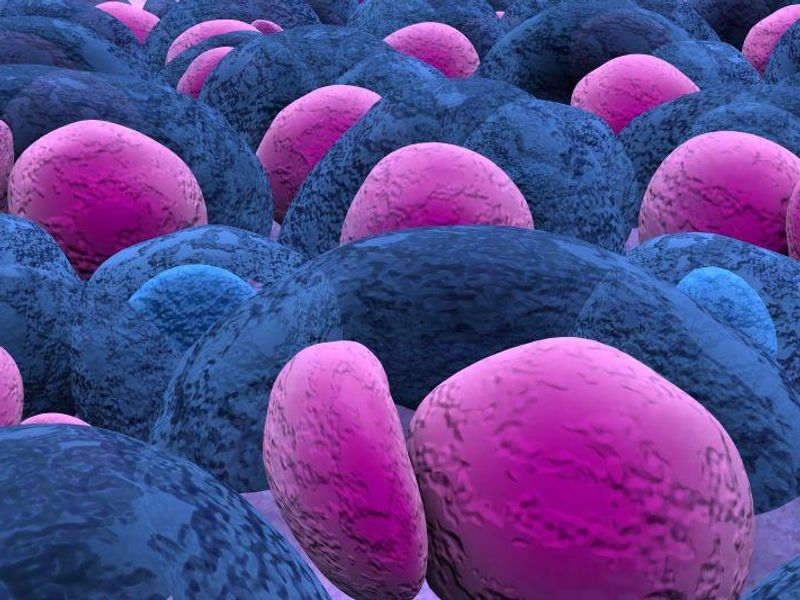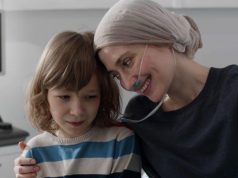Depth of response following autologous stem cell transplant remains a key predictor of survival
By Lori Solomon HealthDay Reporter
THURSDAY, July 27, 2023 (HealthDay News) — Younger adults with newly diagnosed multiple myeloma who receive an autologous stem cell transplant (auto-HCT) have a median progression-free survival (PFS) of approximately 3.5 years and a median overall survival (OS) of 12 years, according to a study published online June 27 in the British Journal of Haematology.
Oren Pasvolsky, M.D., from University of Texas MD Anderson Cancer Center in Houston, and colleagues performed a retrospective chart review to characterize outcomes for 117 younger patients with a median age of 37 years (range, 22 to 40 years) undergoing auto-HCT for multiple myeloma at the MD Anderson Cancer Center.
The researchers report that before transplant, 10 percent of patients achieved at least complete response (â¥CR) and 44 percent achieved at least very good partial response (â¥VGPR). For best posttransplant response, 56 and 77 percent achieved â¥CR and â¥VGPR, respectively. Median PFS and OS were 43.1 and 146.6 months, respectively. Compared with patients transplanted earlier, patients undergoing auto-HCT after 2010 had better median PFS (84.9 versus 28.2 months) and OS (not reached versus 91.8 months). Achieving â¥CR as best posttransplant response was associated with improved PFS (hazard ratio, 0.55); achieving â¥VGPR was predictive of superior OS (hazard ratio, 0.32).
“Younger multiple myeloma patients had durable survival after auto-HCT, which further improved after the availability of novel antimyeloma drugs in recent years,” the authors write.
Abstract/Full Text (subscription or payment may be required)
Copyright © 2023 HealthDay. All rights reserved.








